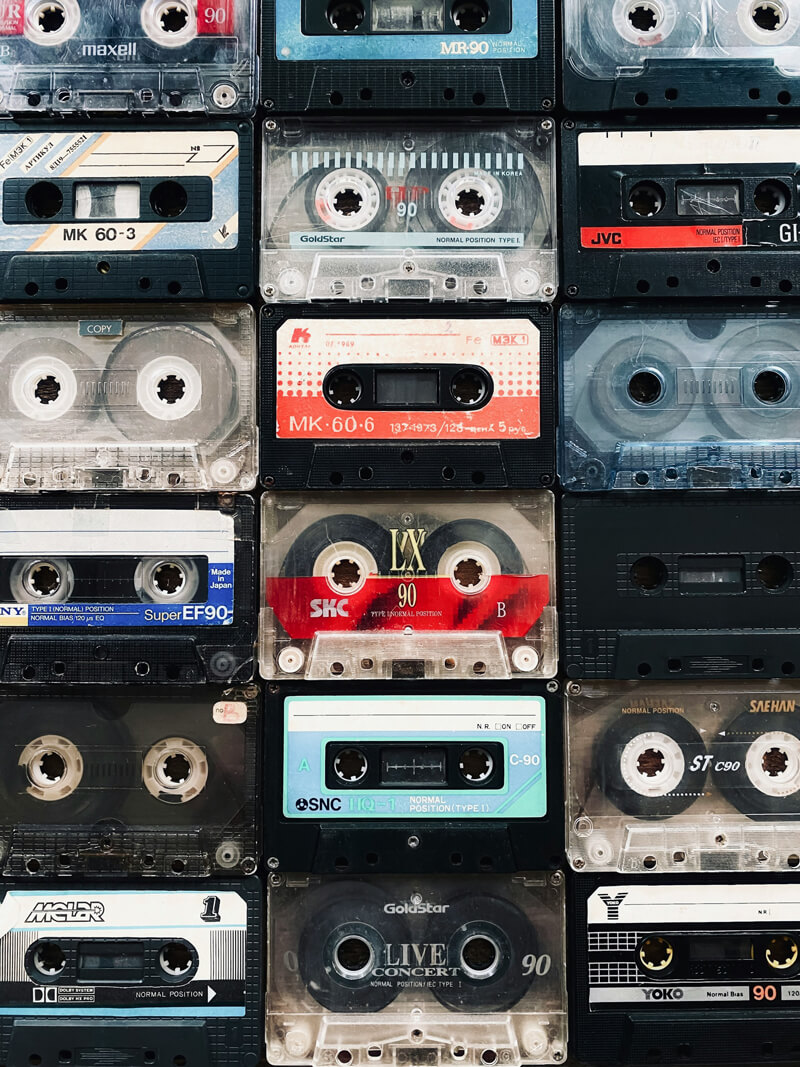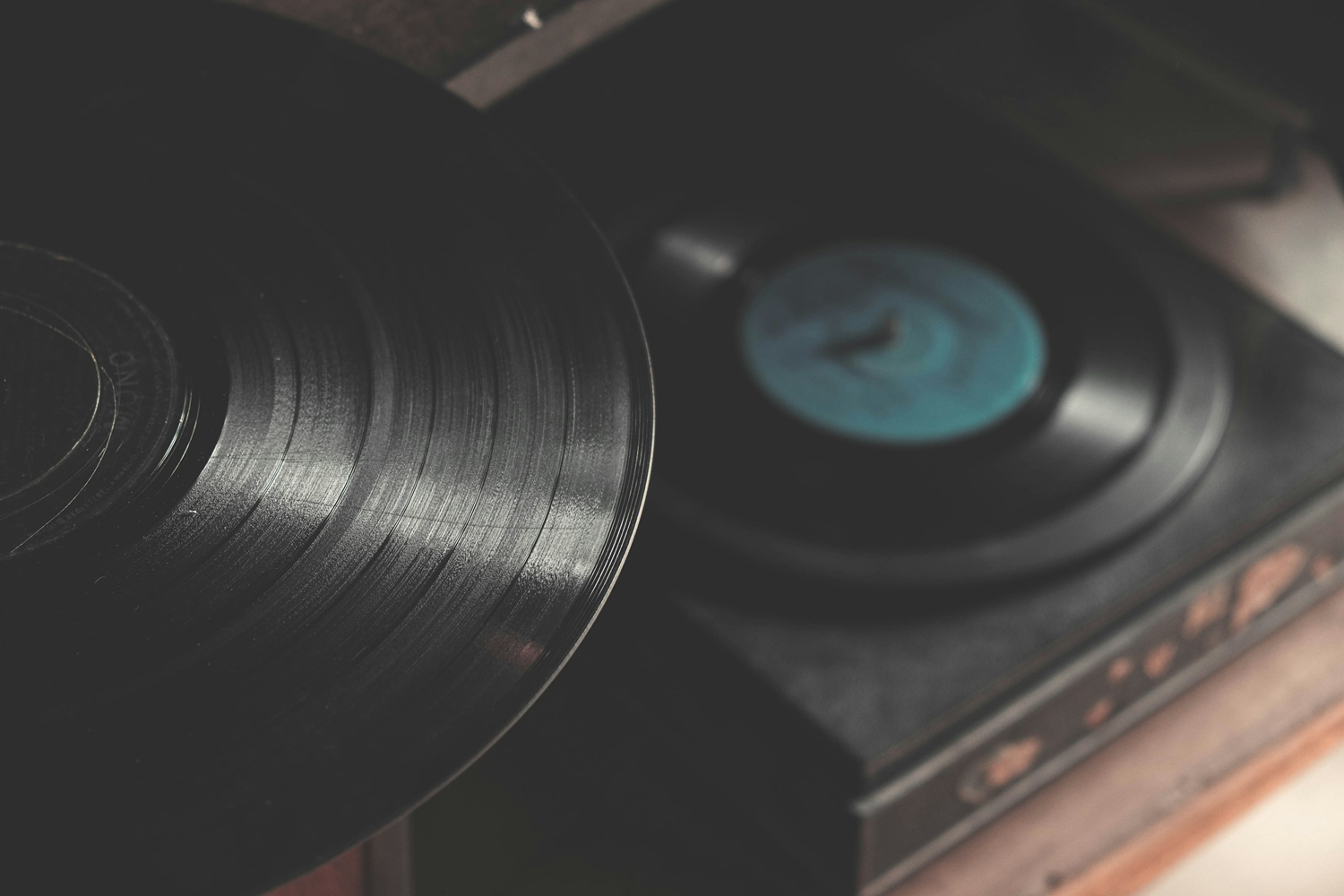
The Evolution of Sound Clash: From Jamaica to the World
Sound Clash culture, a vibrant and competitive tradition within the world of reggae and dancehall, traces its origins back to Jamaica in the late 1950s and early 1960s. This unique musical competition has grown from a local phenomenon into a global cultural movement, captivating audiences across continents. In this detailed exploration, we will delve into the origins, key figures, evolution, and modern impact of sound clash culture, showcasing how it has transcended its roots to become a worldwide sensation.
The Beginnings: Roots in Jamaica
Origins of Sound System Culture
In post-World War II Jamaica, economic challenges and limited access to recorded music led to the creation of sound systems—large, mobile, outdoor speaker setups designed to bring music to the masses. Entrepreneurs and music enthusiasts began building these powerful systems, mounting speakers, amplifiers, and turntables on trucks to host street parties and dances. These events quickly gained popularity, providing an affordable and accessible way for people to enjoy music.
The First Sound Clashes
The early sound clashes were informal, organic competitions where sound systems battled to draw the largest crowds and create the best atmosphere. The rivalry was fierce but friendly, with each system striving to outshine the other by playing the most exclusive tracks and engaging the audience with dynamic performances. The atmosphere was electric, with music lovers flocking to these events to witness the musical showdowns.
“The evolution of Sound Clash from its humble beginnings in Jamaica to a worldwide cultural movement is a testament to the power of music and community.”
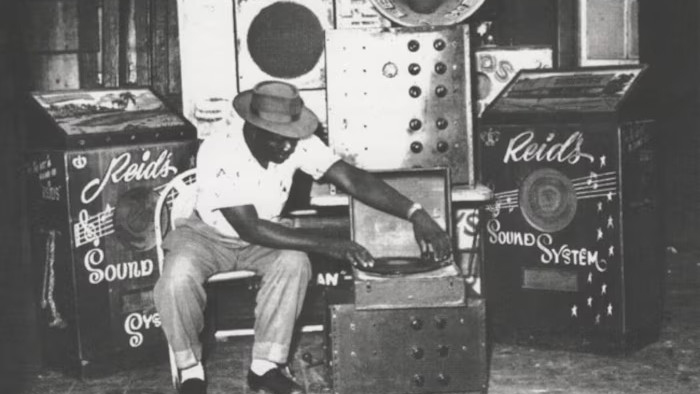
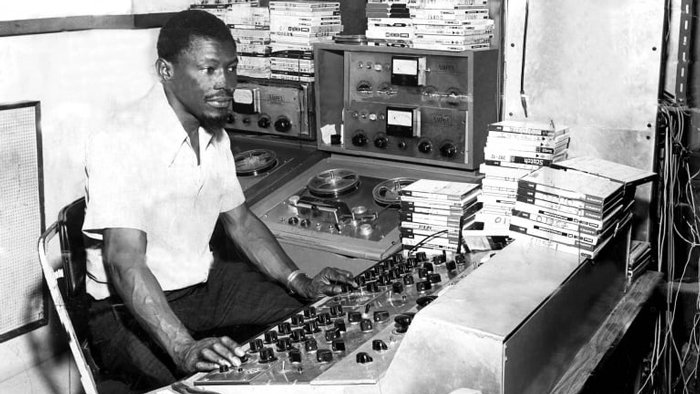
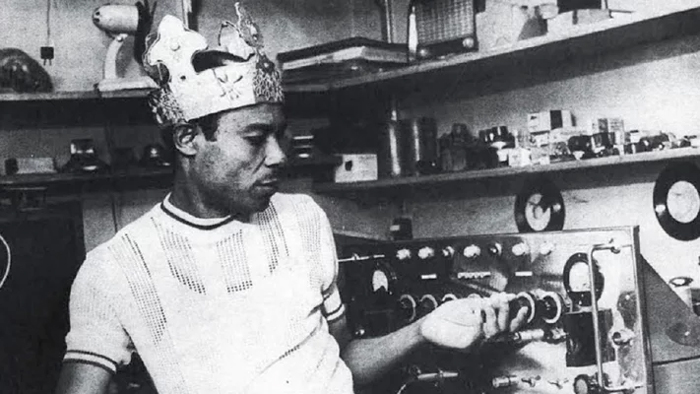
Key Pioneers: Shaping the Sound Clash Scene
Duke Reid: The Trojan
Duke Reid, known as “The Trojan,” was a pioneering figure in sound clash culture. His sound system, Trojan, was one of the first to gain widespread popularity. Reid was renowned for his vast collection of records and his ability to entertain massive crowds. His influence extended beyond the sound system scene, as he became a successful record producer, helping shape the early sound of ska and rocksteady.
Coxsone Dodd: Downbeat Maestro
Coxsone Dodd, the mastermind behind the Downbeat sound system, was another key figure in the early sound clash scene. Dodd’s keen ear for talent led him to discover and promote numerous artists who would later become reggae legends. His sound system was a hub for musical innovation and competition, setting the stage for future clashes.
King Tubby: The Dub Innovator
King Tubby, a genius of electronic engineering, revolutionized sound clash culture with his innovative use of dub and special effects. Tubby’s experiments with remixing and manipulating tracks created a new dimension of sound, captivating audiences, and inspiring other sound system operators. His influence on the genre cannot be overstated, as he laid the groundwork for the dub and remix culture that would become integral to sound clashes.
Evolution and Spread: From Jamaica to the World
The Rise of Dubplates
As the culture grew, so did the competitive nature of sound clashes. The introduction of custom-made dubplates—exclusive tracks recorded by artists specifically for a sound system—added a new layer of rivalry. These unique recordings allowed sound systems to showcase their connections with top artists and their ability to deliver fresh, unheard music to their audiences. The use of dubplates became a defining feature of sound clashes, amplifying the intensity and excitement of the battles.
Sound Clash Goes Global
In the 1970s, the culture spread beyond Jamaica, carried by the Caribbean diaspora to the United Kingdom. London emerged as a new hotspot for sound clashes, with iconic sound systems like Saxon Studio and Jah Shaka leading the charge. These UK-based sound systems blended Jamaican roots with local influences, creating a distinct style that resonated with audiences. The impact of sound clash culture continued to grow, reaching North America, Europe, Japan, and beyond.
Influential International Sound Systems
In addition to Saxon Studio and Jah Shaka, other sound systems like Stone Love (Jamaica), Bass Odyssey (Jamaica), King Addies (USA), and Rodigan (UK) became prominent figures in the international sound clash scene. These sound systems brought their unique styles and extensive dubplate collections to clashes worldwide, solidifying their reputations and expanding the reach of the culture.
Modern Sound Clashes: A Global Phenomenon
Major Events and Competitions
Today, sound clash events are global phenomena, attracting participants and audiences from all corners of the world. Major cities host high-profile clashes, such as the UK Cup Clash, World Clash, and War Ina East, drawing sound systems from different countries to compete on an international stage. These events are meticulously organized, with rules and formats that ensure fair competition and maximum entertainment.
Technology and Innovation
Advancements in technology have transformed sound clash culture, making it more accessible and dynamic. Digital platforms allow sound systems to share their performances with a global audience, while social media facilitates engagement and fan interaction. Despite these changes, the core elements of sound clash—creativity, competition, and community—remain unchanged. Sound systems continue to push the boundaries of musical expression, using cutting-edge techniques and exclusive tracks to captivate audiences.
The Future of Sound Clash
As sound clash culture evolves, it remains deeply rooted in its Jamaican origins while embracing new influences and innovations. The global nature of the culture ensures its continued growth, with new generations of sound systems and fans keeping the tradition alive. The future of sound clash is bright, with endless possibilities for creativity and competition.
The evolution of Sound Clash from its humble beginnings in Jamaica to a worldwide cultural movement is a testament to the power of music and community. Pioneers like Duke Reid, Coxsone Dodd, and King Tubby laid the foundation for a tradition that has captivated audiences for decades. As the culture continues to grow and adapt, the spirit of sound clash remains a vibrant and dynamic force in the world of music, uniting people across continents and generations.
Subscribe to newsletter
You may also like
The Evolution of Clash Media: From VHS and Cassettes to YouTube and SoundCloud
From the early days of VHS tapes and cassette recordings to the modern digital age of YouTube and So

